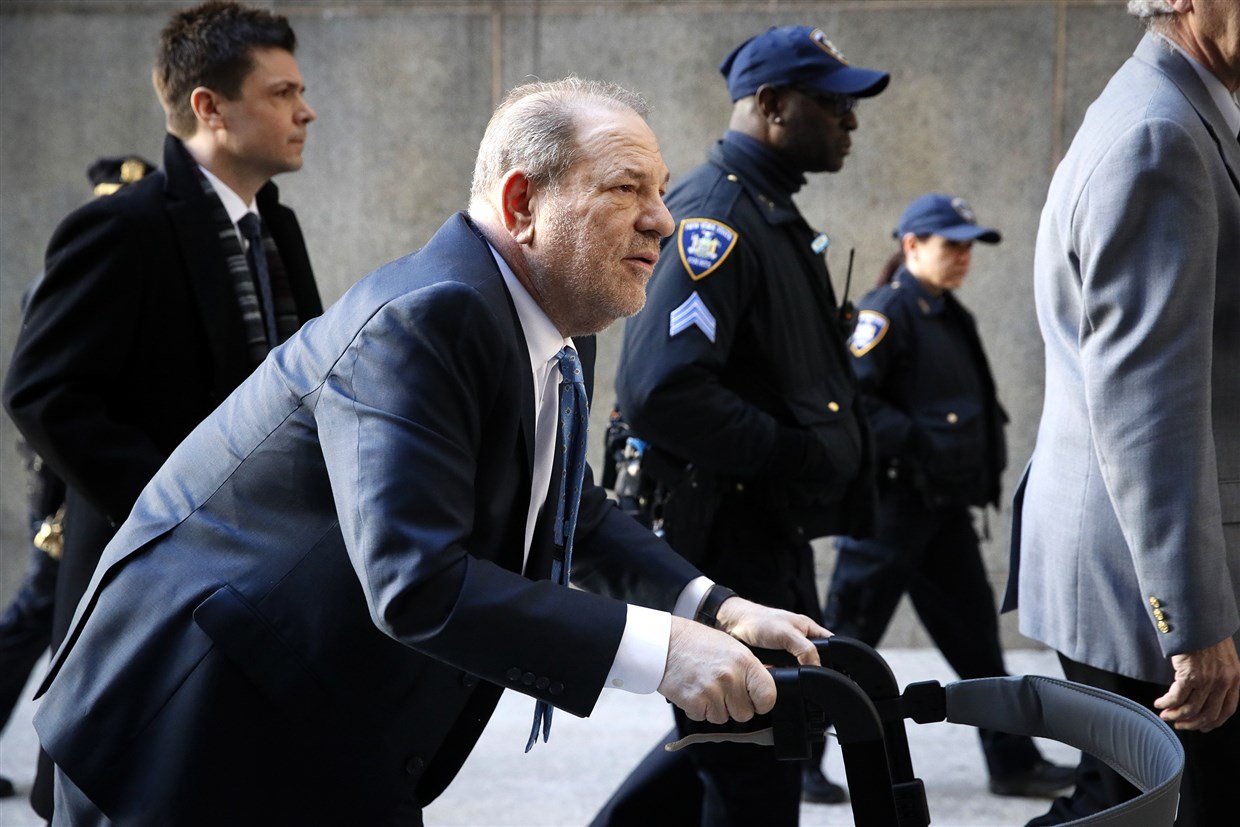There’s a meme making the rounds on the internet of a guy standing on a beach, staring out at the wide expanse of ocean before him. He looks deep in thought, perhaps contemplating the nature of the soul, or reminiscing about a lost love. But the caption reads: “Me overthinking how I said ‘here’ during attendance.”
Be honest—you thought you were the only one who did that, right? Until people on the internet began confessing this is what goes on in their heads too. For all the criticism against technology being a force that disconnects us, it also connects us in many ways—social media has allowed us to see that we’re not the only weird ones in the world, and we’re not so isolated after all.
This, I feel, is what gave #metoo its power.
On February 1, CERRU held its first Lunchtime 2.0 of the semester, in which we discussed #metoo, consent, and cases such as Harvey Weinstein, Larry Nassar, and Aziz Ansari.
Some of us shared our own #metoo stories with one another—in fact, one participant shared an incident that had happened to her after the movement on social media had already begun. A man did something inappropriate to her in a public setting, and she was momentarily taken by surprise. But something inside her had been impacted, she felt, by the #metoo movement. Rather than freezing up, she pushed the man away and told him off.
What is it that gives #metoo power? It’s not just the sharing of stories, but the way it exposes to us the inner workings of the mind. I remember before I shared my own #metoo story on Facebook, I thought, “No, mine isn’t a ‘real’ #metoo story, because I brought it upon myself. I was stupid in those cases, I caused it.” One of the stories I wanted to share was one in which a man at a subway turnstile was asking passers-by to swipe him in. I decided to be nice and swipe him through, seeing that no one else was helping him. When the both of us passed through to the other side of the turnstile, he thanked me, then leaned in close and, in a low voice, asked me if I’d do him a certain other kind of favor. I said no and walked away fast, my whole face on fire and feeling like I’d been betrayed. But the dominant feeling that would color this memory when I look back on it is anger, not at the man, but at myself. Other people would tell me, “Stop being so nice to everyone, Sharon,” or “next time, don’t help strangers.” It was my fault, I had been stupid, stupid, stupid.
But what made me share the story on Facebook, as well as at our event, was the realization that the blame should not be placed on me. We cannot change the system if we keep blaming the victim. I should not be blamed for my kindness—the man should be blamed for taking advantage of my kindness. This is how the patriarchy has warped our world, leading us to criminalize virtue and normalize vice.
The good news is, not only does sharing our stories help us realize how internalized the patriarchy is within us, it also begins the process of externalizing the patriarchy as well. It takes the stories out from within ourselves, where we hid them from the world because we thought we were alone, and turns them from sources of shame to sources of empowerment. This is why the #metoo movement, and events like these, are so necessary.
For more mind blowing events that change the way you view yourself and the world, check out CERRU.org, or come by one of our upcoming events, Sexploration’s Day of Programming—February 15, 10:45 to 3 in the Q-Side Dining Hall, Burst Your Media Bubble—February 26 Free Hour (location TBD), What is True? February 28 6 PM—Dining Hall Patio Room. Hope to see you there!













